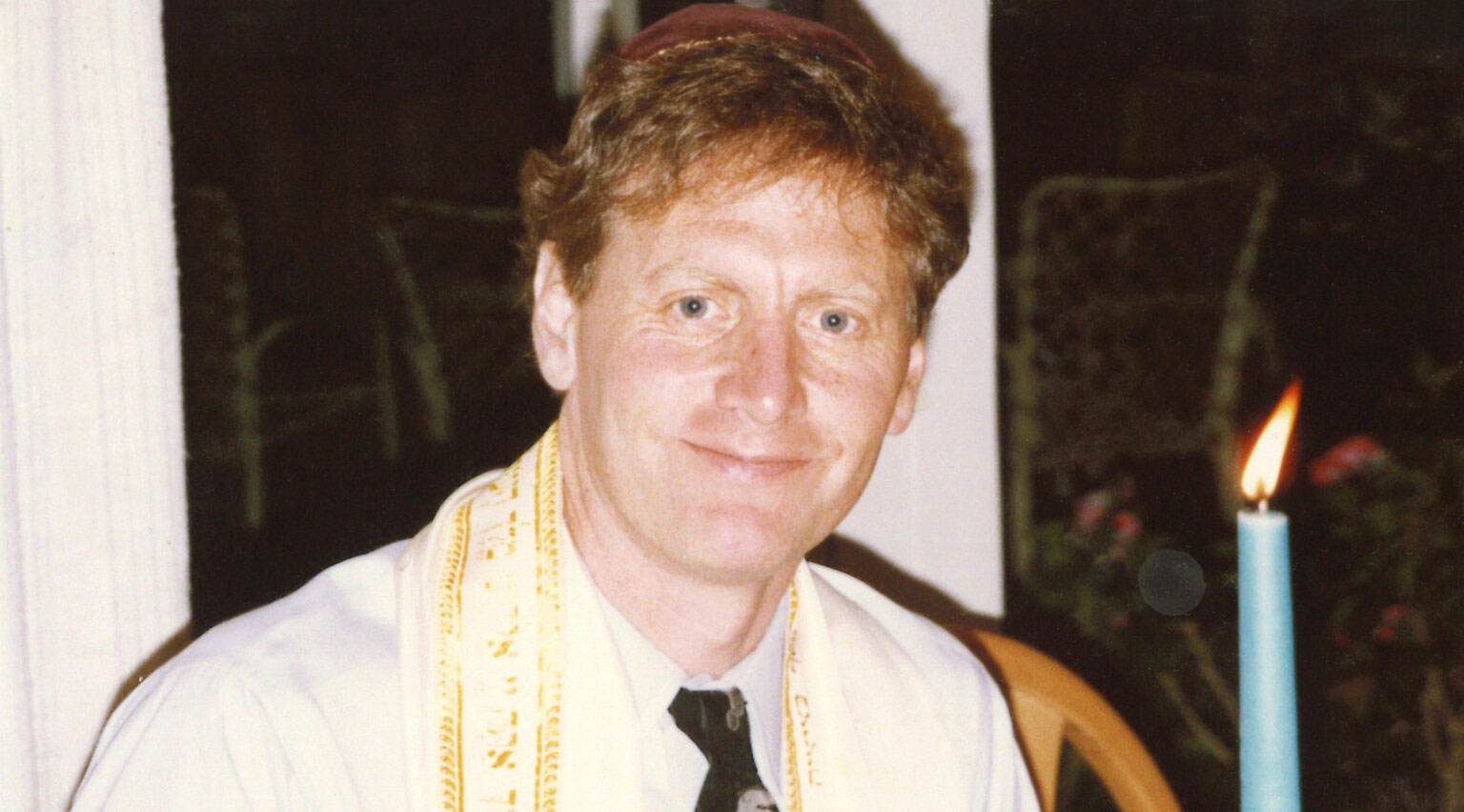(J. via JTA) — In 1984, when Marc Klein showed up in San Francisco, the Jewish Bulletin was just that: a community bulletin that ran on mimeographs, manual typewriters and carbon paper. By the time he completed his nearly 28-year tenure as editor and publisher, a thoroughly modernized Bulletin — renamed J. in 2003 — had become inarguably one of the nation’s best Jewish newspapers.
Klein, the old-school newsman who guided J. into the digital age, died on May 25 from complications of transplant-related cancer. He was 75.
“He thought the paper was essential,” recalled former J. publisher Nora Contini. “Marc felt an independent Jewish publication was really important, and he wasn’t afraid of standing his ground about that.”
Added former J. managing editor Sherwood Weingarten, “Under his auspices, the paper went from a small community weekly into a much larger operation that concentrated much better on news than it had before.”
Marc Klein grew up in a tight-knit Jewish neighborhood in northeast Philadelphia. As a student at Lincoln High School, he became a reporter for the school paper. He later attended Penn State University where he majored in journalism and served as a staff writer for the Daily Collegian. While at Penn State, he met his future wife, Sandy, at a 1968 Hillel Shabbat service.
After graduating, Klein worked as a reporter for the Evening Bulletin in Philadelphia, becoming assistant managing editor of the newspaper when he was just 30. He polished his skills in the Jewish press serving as editor of the Philadelphia Jewish Exponent before landing the post of editor and publisher of the Jewish Bulletin, the fifth in the paper’s history up to that time. He moved to the Bay Area in 1984 with his wife and daughters, Emily and Suzy, settling in Alameda.
What he found at the Bulletin was a nearly 100-year-old newspaper in desperate need of an upgrade.
“It was a great challenge to take a paper that some people still called the ‘shmooze gazette’ and turn it into a publication that reflected the community it covered,” Klein said in a 2011 J. story about his impending retirement.
Contini, whom Klein hired to serve as business manager, remembered those early days.
“It was 1984, but it was like 1960,” she said. “So that first year there was rapid change. We moved offices. We bought computers. We went from going to a typesetting shop, to desktop publishing, to the internet. We were the first Jewish newspaper to create a website.”
The website launched in 1995. Besides his flair for technology, Klein had an eye for talent, hiring newsroom personnel who stayed for years and many who went on to work at prominent publications. He also deftly handled the politics of the diverse Bay Area Jewish community. Weingarten, who served as managing editor for 23 years, took note of Klein’s skills.
Klein never stopped consuming the news. His daughter said that even in retirement, her father “wanted to have his finger on the pulse of the Jewish community. He didn’t really have hobbies. He wanted to read the news and talk to people all the time, all in the service of being on top of every breaking story.”
As for his legacy, it’s available for all to see in the pages of the publication he guided over nearly three decades.
“I was never one to rest on our laurels,” Klein said in 2011. “Even today I don’t like to reminisce about one story being more important than another. I don’t want to be known for any one specific issue or one piece of history we covered. Instead I’d like to be known for consistently publishing one of the best Jewish papers in the country.”
He is survived by wife Sandy Klein of Alameda; daughters Suzy Klein and Emily Klein; and three grandsons.





